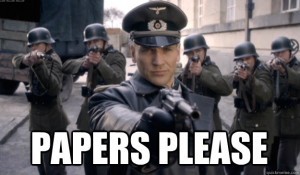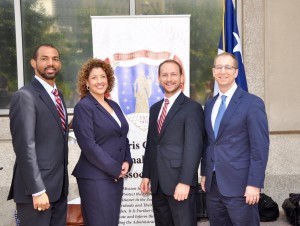 The Harris County Criminal Lawyers Association wishes to congratulate this year’s outstanding award recipients in the following categories: Lifetime Achievement, Lawyer of the Year, Torch of Liberty, Unsung Hero, and Mentor of the Year. Each will be honored at the 48th HCCLA Annual Banquet during our awards presentations on May 10, 2018 at the Houston Ballroom at Bayou Place, 500 Texas Avenue, Houston, 77002. Please join us in celebrating their achievements. Make your reservations!
The Harris County Criminal Lawyers Association wishes to congratulate this year’s outstanding award recipients in the following categories: Lifetime Achievement, Lawyer of the Year, Torch of Liberty, Unsung Hero, and Mentor of the Year. Each will be honored at the 48th HCCLA Annual Banquet during our awards presentations on May 10, 2018 at the Houston Ballroom at Bayou Place, 500 Texas Avenue, Houston, 77002. Please join us in celebrating their achievements. Make your reservations!


For more information:
HCCLA.org/banquet
 round his waist. Too bad he didn’t understand the nuances of the new open carry law, but then, who does?
round his waist. Too bad he didn’t understand the nuances of the new open carry law, but then, who does?

